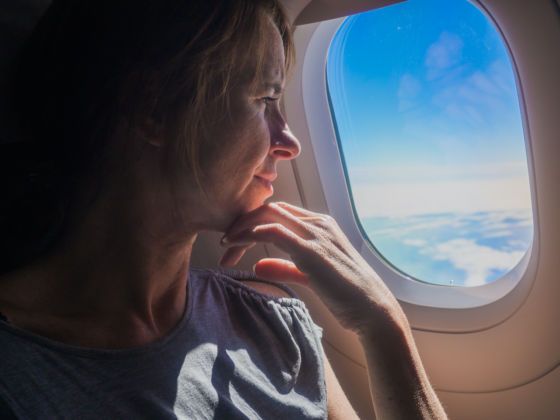From greasy street food to cheap hotel soap, travel shakes up all the good habits that keep your skin happy and healthy. In fact, the flight alone is the biggest skin stressor, causing the body to lose up to 1.5 liters of water on barely a three-hour flight. Factor in long-haul journeys combined with varying weather and environmental changes, and your skin is exposed to mega dehydration before you’ve even checked into your first hotel.
If you notice annoying breakouts and flaky dry skin that only seem to appear when you travel, you’ll want to pinpoint the cause. Here are the main reasons why your complexion freaks out and how to best prepare and care for it while traveling.
